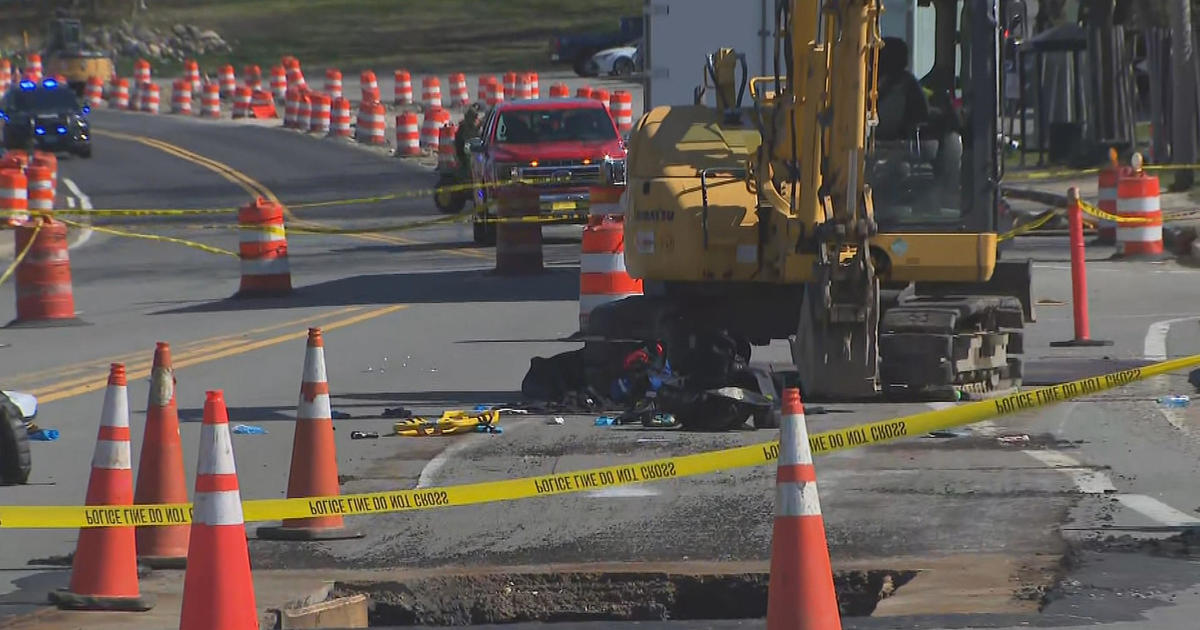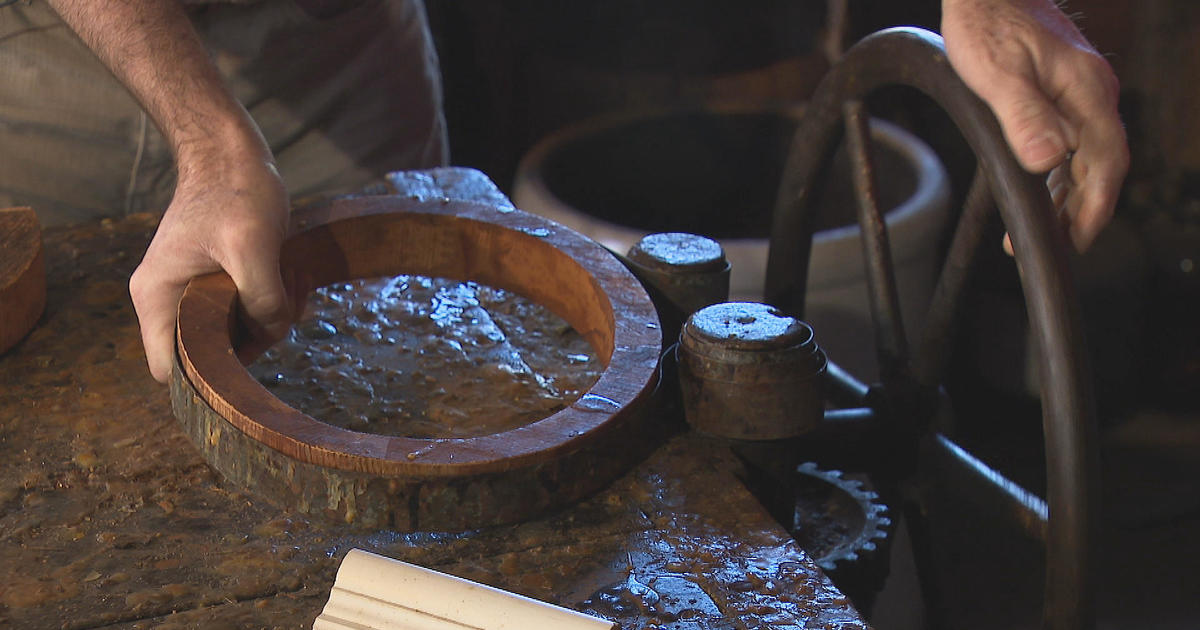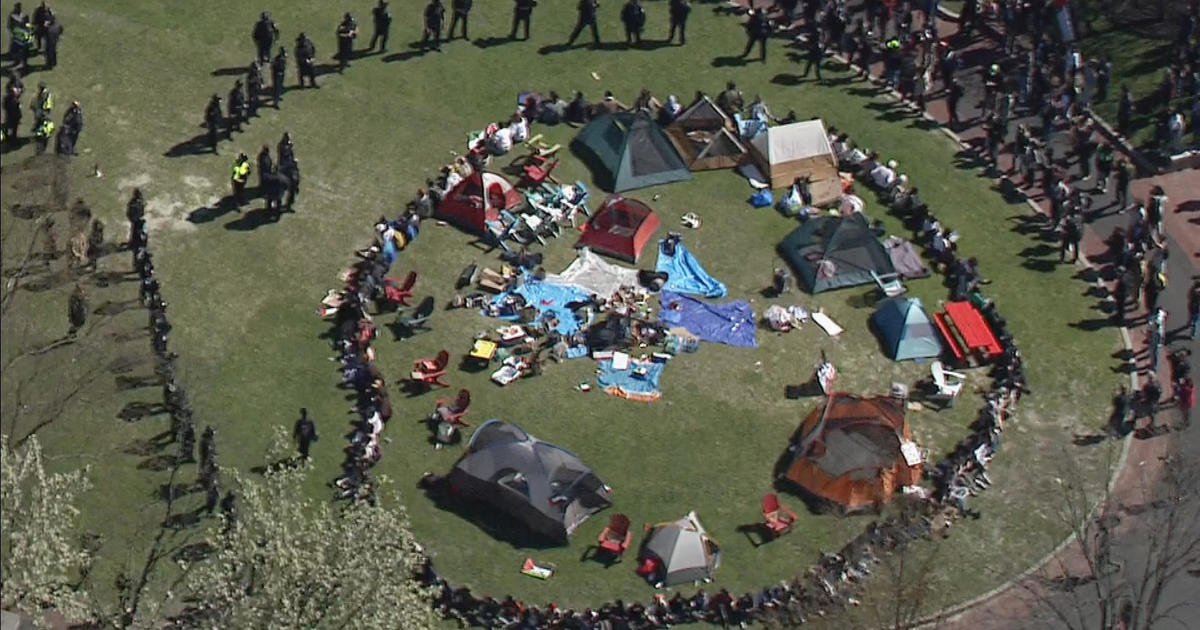Mass. Team Finds Pieces Of Crashed Air France Plane In Atlantic
PARIS (AP) -- An underwater search team led by a Massachusetts firm has located pieces of an Air France plane that crashed in the Atlantic in 2009, French investigators said Sunday, offering a surprising new glimmer of hope in the protracted hunt for clues to what happened.
Woods Hole Oceanographic Institution, or WHOI, based in Cape Cod, led the team that made the weekend discovery. The location was not disclosed, but the search is being conducted several hundred miles off Brazil's northeastern coast.
Previous extensive and expensive search efforts proved futile in attempts to shed light on the cause of the crash. All 228 people aboard Flight 447, en route from Rio de Janeiro to Paris, were killed when the plane slammed into the ocean during an intense high-altitude thunderstorm.
The French air accident investigation agency BEA said in a statement Sunday night that a team aboard the expedition ship Alucia "located pieces of an aircraft ... in the last 24 hours."
BEA said its investigators identified the pieces as parts of Flight 447, and further details will come later. It did not identify what parts of the plane were located. Messages left with the agency Sunday night were not returned.
Searchers are carrying out a fourth effort to find remains of the plane -- and especially its flight recorders, in hopes of determining the cause of the crash.
Finding the cause took on new importance last month when a French judge filed preliminary manslaughter charges against Air France and the plane's manufacturer, Airbus. Experts say without the flight data and voice recorders, authorities will not likely determine what was at fault.
Air France and Airbus are financing the estimated $12.5 million cost of the new search. About $28 million has already been spent on the three previous searches for the jet's wreckage.
The search is being targeted in an area of about 3,900 square miles. It could last until July.
Searchers are using up to three autonomous underwater search vehicles, each of which can stay underwater for up to 20 hours while using sonar to scan a mountainous area known as the Mid-Ocean Ridge. Researchers download the data, and a vehicle with a high resolution camera is sent to check out an area if scientists see evidence of debris.
(© Copyright 2011 The Associated Press. All Rights Reserved. This material may not be published, broadcast, rewritten or redistributed.)



